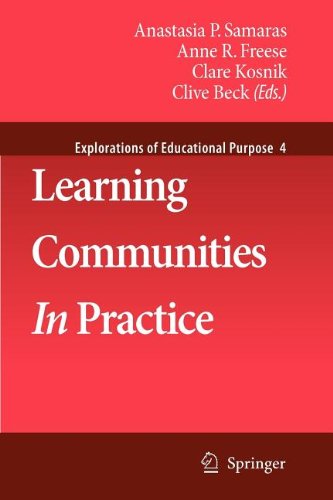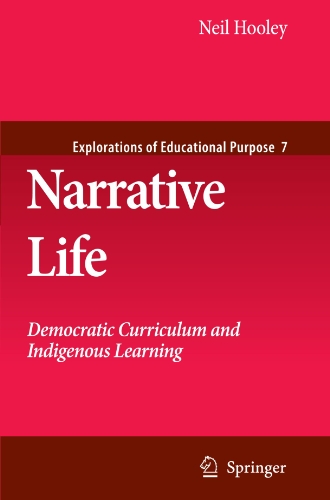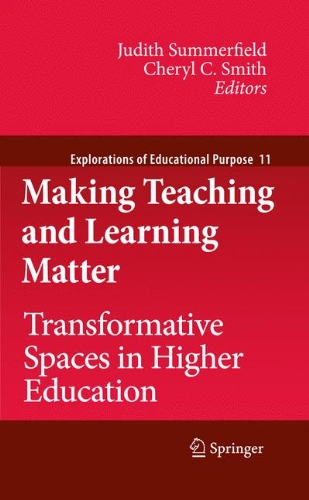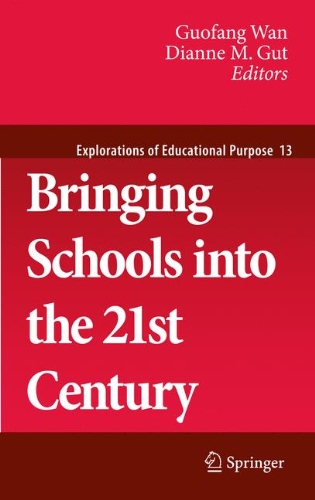21st Century Literacy: If We Are Scripted, Are We Literate? (Explorations of Educational Purpose) Review
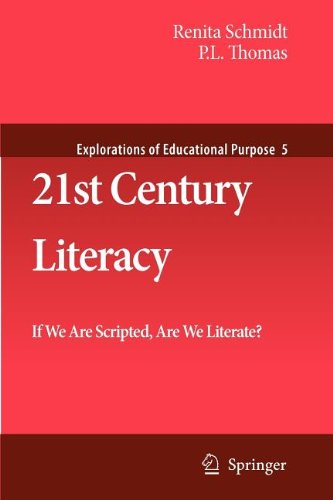
This book offers a call to all who are involved with literacy education. It explores the prescriptions that hinder authentic and effective approaches to literacy instruction. The scripts identified here include the Bureaucratic Script, the Corporate Script, the Student Script, the Parent and Public Script, and the Administrative Script. The authors bring their classroom teaching experiences (over thirty years combined) along with their research base to a discussion of literacy spanning elementary through high school. The discussion offers the reader practical and research-based lenses for identifying and overcoming the barriers to best practice while avoiding the inherent pitfalls found too often in our schools. The implied answer to the subtitle is a definitive “No”, but the text goes beyond criticizing the current state of the field and seeks to empower both teachers and students seeking literacy growth beyond the scripts that plague twenty-first century commitments to accountability and testing.


